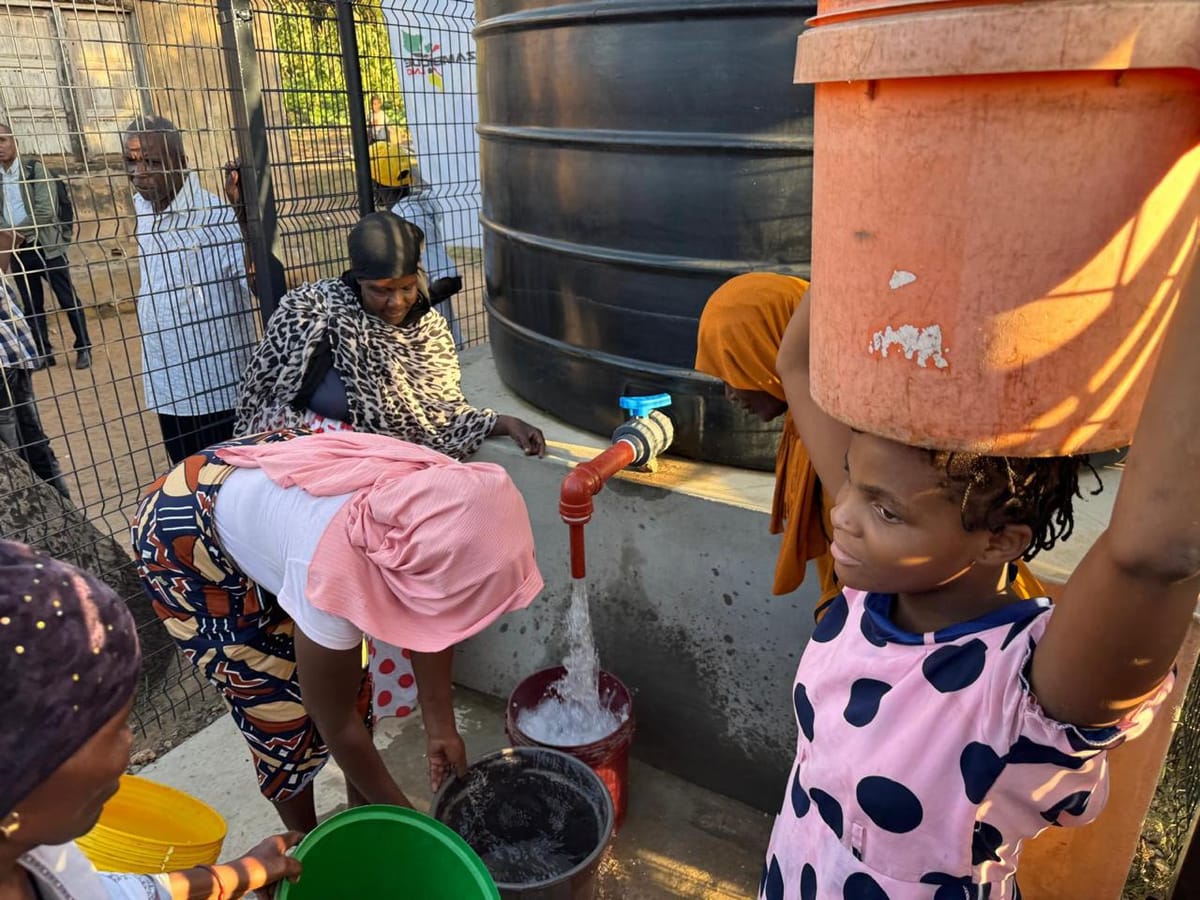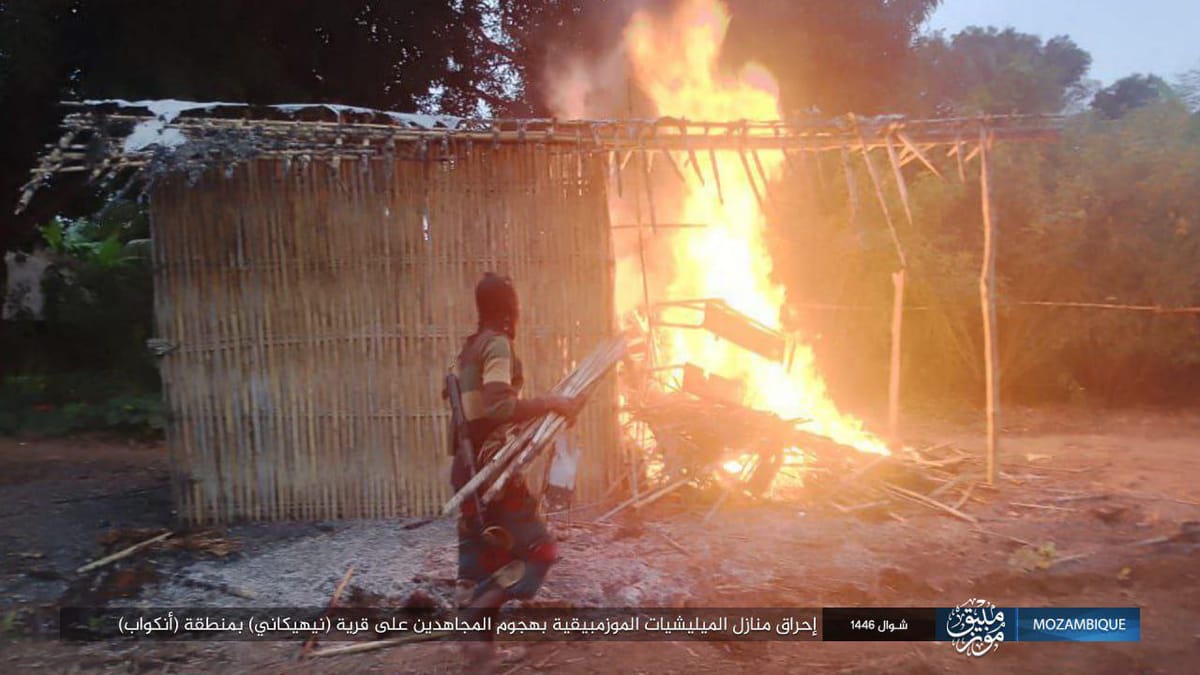Good afternoon. Mozambique’s foreign currency crisis seems to be worsening, with bakers now joining fuel traders in complaining that they cannot get hold of foreign currency — which in most cases means US dollars — to import goods (see below).
Although there has been grumbling about a foreign currency shortage for several months now, only recently has that led to noticeable goods shortages. It is not hard to see how the problem has arisen. Mozambique is not bringing in enough dollars from exports or from foreign investment and spending. That is hardly surprising, given the overvaluation of the metical, which encourages imports, makes exports more expensive than they should be and discourages foreign investment.
The full Daily Briefing continues below for Pro subscribers. Subscribers to the Zitamar News tier can read the top half, including the full leader article, here.
The latest from Zitamar News:
The protests sparked by the contested election results last October have discouraged businesses from investing for several months. On top of that, in January Donald Trump’s new government froze foreign aid spending, causing a dramatic decrease in the amount of donor money being spent in Mozambique.
As well as threatening supplies of fuel for road transport and of wheat for flour, the foreign currency crunch is impacting directly on the large numbers of informal traders, mostly women, who cross over to South Africa to buy goods for resale back home. The traders are struggling to get South African rand from banks, and have to turn to the black market instead.











